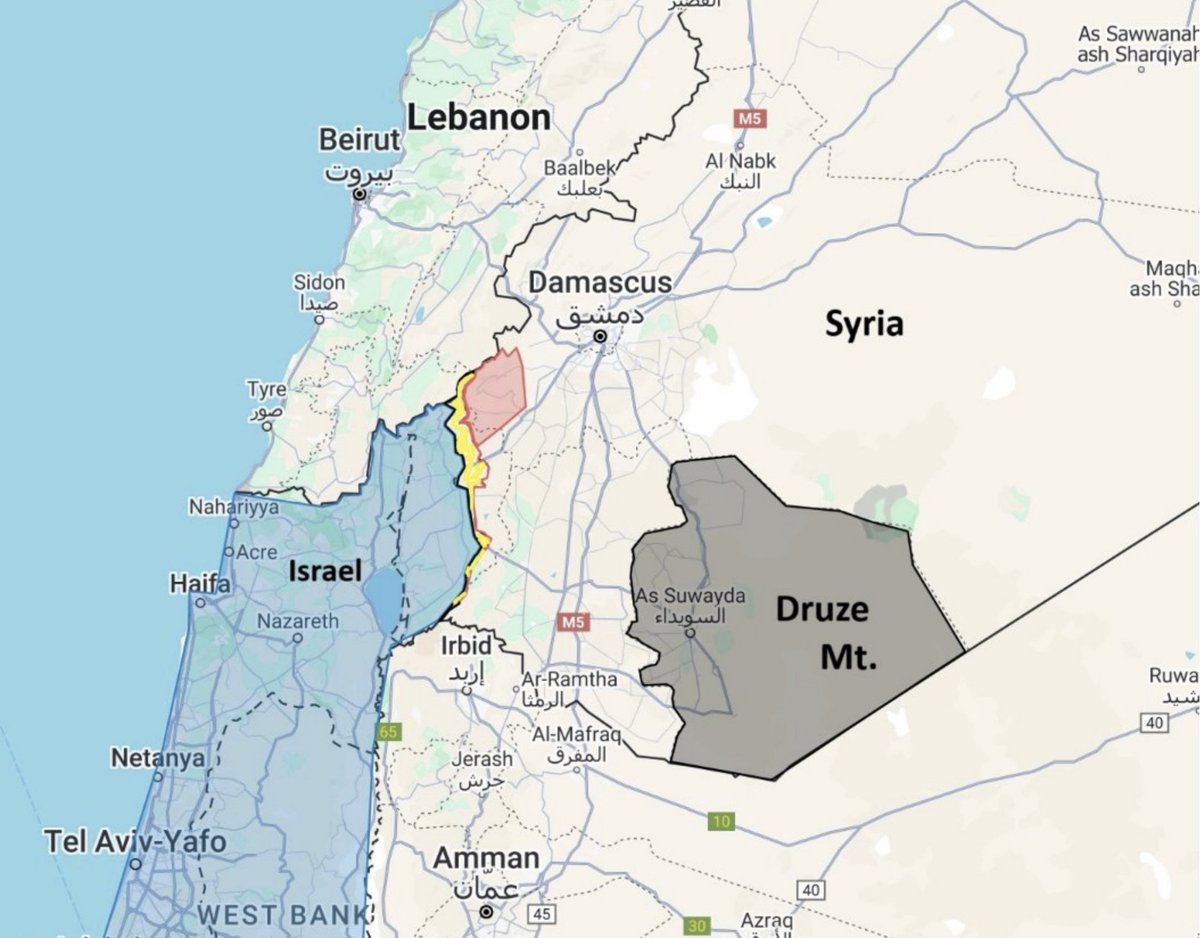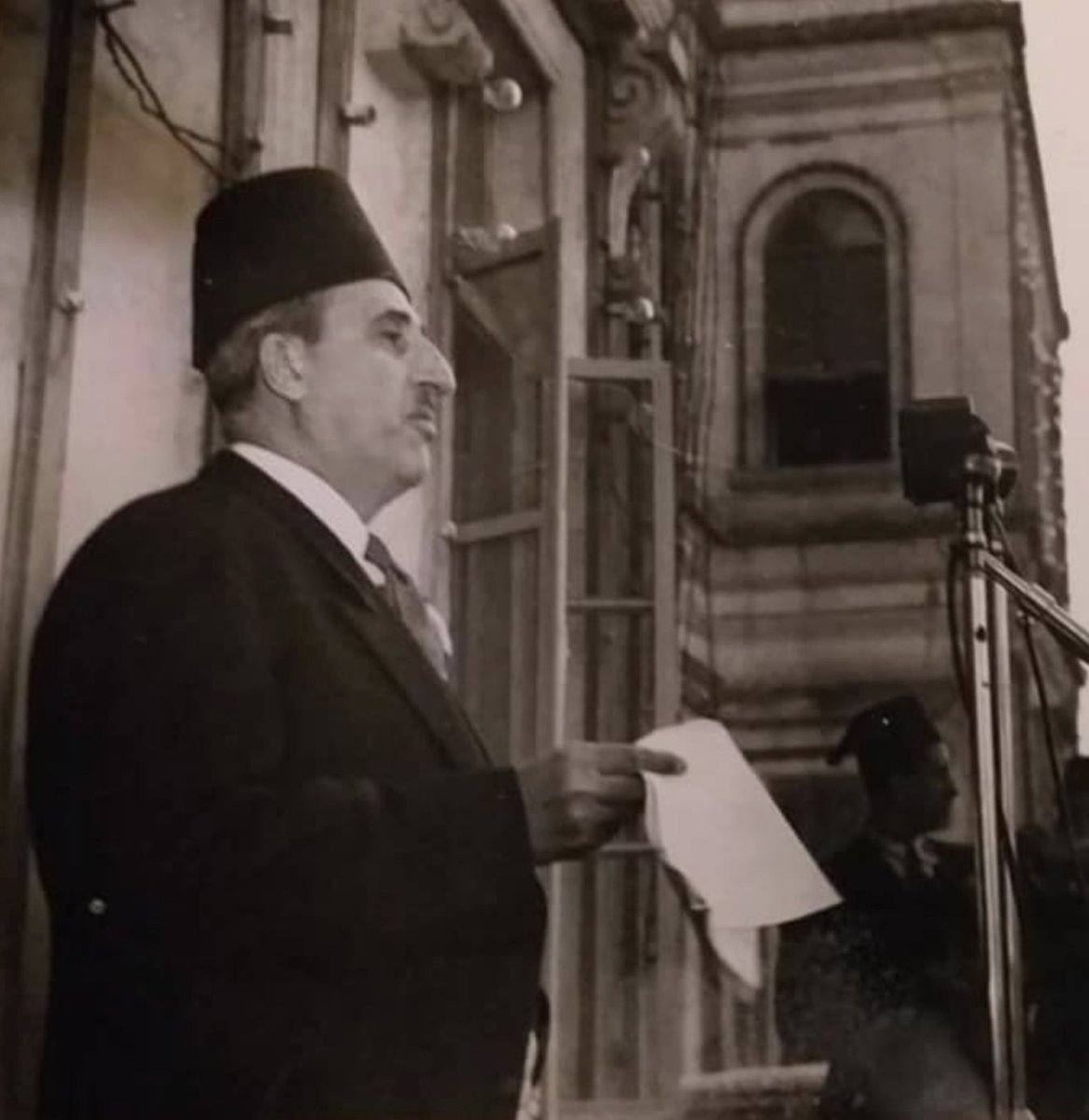Powerful policy proposal to foreign aid agencies/govs by @SynapsNetwork arguing they must boycott Lebanon's gov agencies, political class, banks, & front NGOs in providing aid. The objective is to assist the revolution, demanded by demonstrators.
Reminiscent of Syria sanctions?
Reminiscent of Syria sanctions?
https://twitter.com/SynapsNetwork/status/1292408917943824384

The big difference b/n the proposed Lebanon aid boycott & Syria boycott is that @SynapsNetwork stops short of proposing legal sanctions against Lebanon's elites. Only Hizbullah is presently targeted w sanctions. All transactions are to remain legal. The stick remains moral.
The big question is whether political pressure will build for legal & economic sanctions on Lebanon's gov, business & faction heads. A few thinktanks, such as the Foundation for Defense of Democracies @FDD, are recommending broad sanctions on the Lebanese gov. Will this catch on?
Many Lebanese don't share US & France's political agendas, but that doesn't mean that they won't turn to Wash/Paris for help against their tormentors. Hopefully Lebanon can achieve regime-change peacefully & w/o foreign agendas taking over, avoiding the SY, IQ, AF, LB, model? 

Direct M. fr friend
"Not sure why avoiding to pump money into existing factions amounts to supporting "revolution", imposing sanctions, & pushing regime change. Money would simply be wasted in hands of a political class that has never made any use of it other than toline pockets
"Not sure why avoiding to pump money into existing factions amounts to supporting "revolution", imposing sanctions, & pushing regime change. Money would simply be wasted in hands of a political class that has never made any use of it other than toline pockets
Yes, I understand these objections to my tweet, but isn't the point of boycotting Lebanon's gov in order to support "a form" of regime-change? We have heard calls for "Isqat an-Nizam. I think it is legitimate to point to the possible slippery slope.
Lebanese need to be careful not to allow their country to fall into the model of LB, SY, IQ etc. It is easy to see where revolution can lead. The Tunisia model is the rare bird on our region. Allowing foreign agendas to become dominant is easy.
National unity and producing alternative elites that share a common vision for the country are key. That is what the Syrian & Iraqi oppositions lacked and is one - only one - of the reasons why the revolution turned out so badly and failed.
• • •
Missing some Tweet in this thread? You can try to
force a refresh














